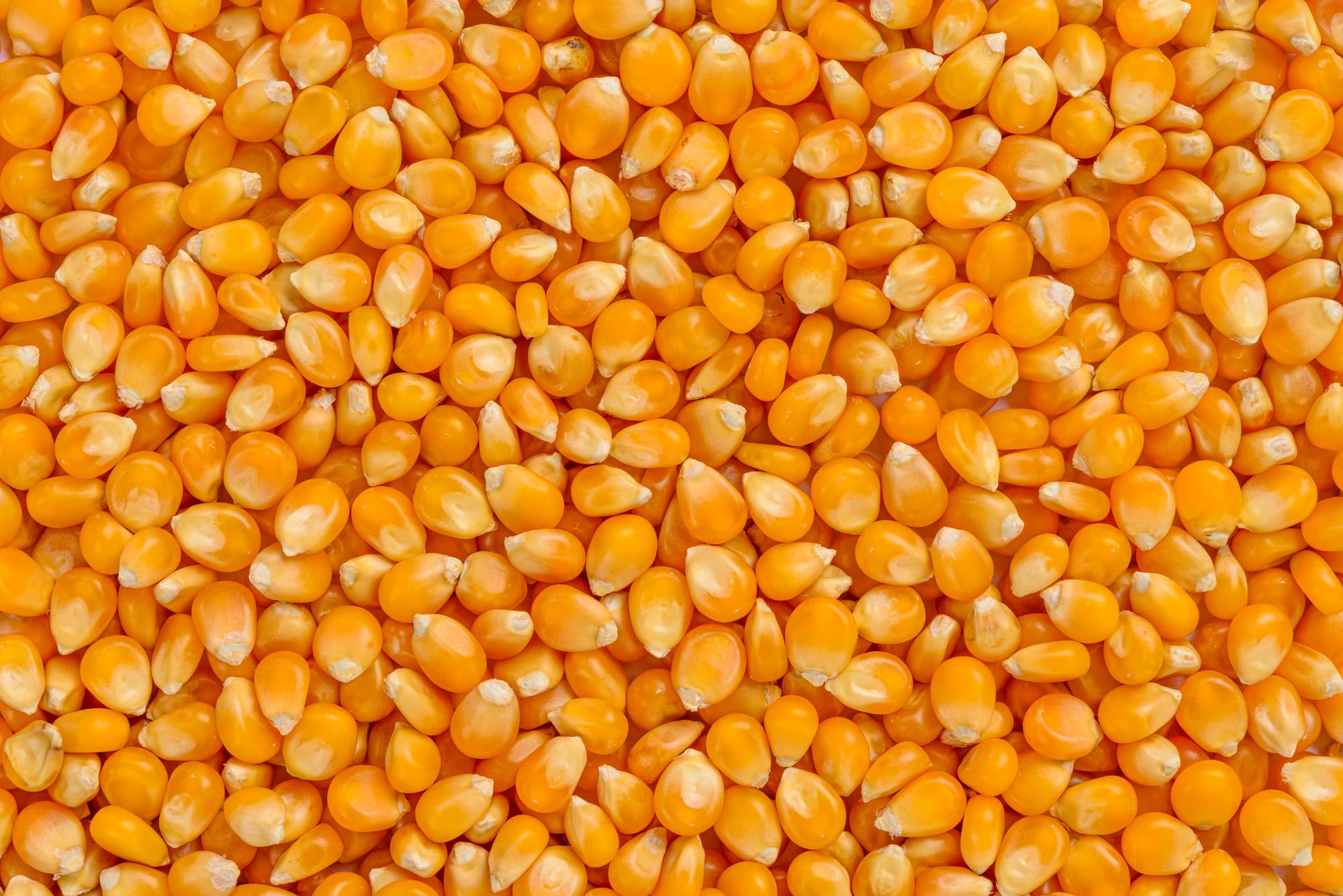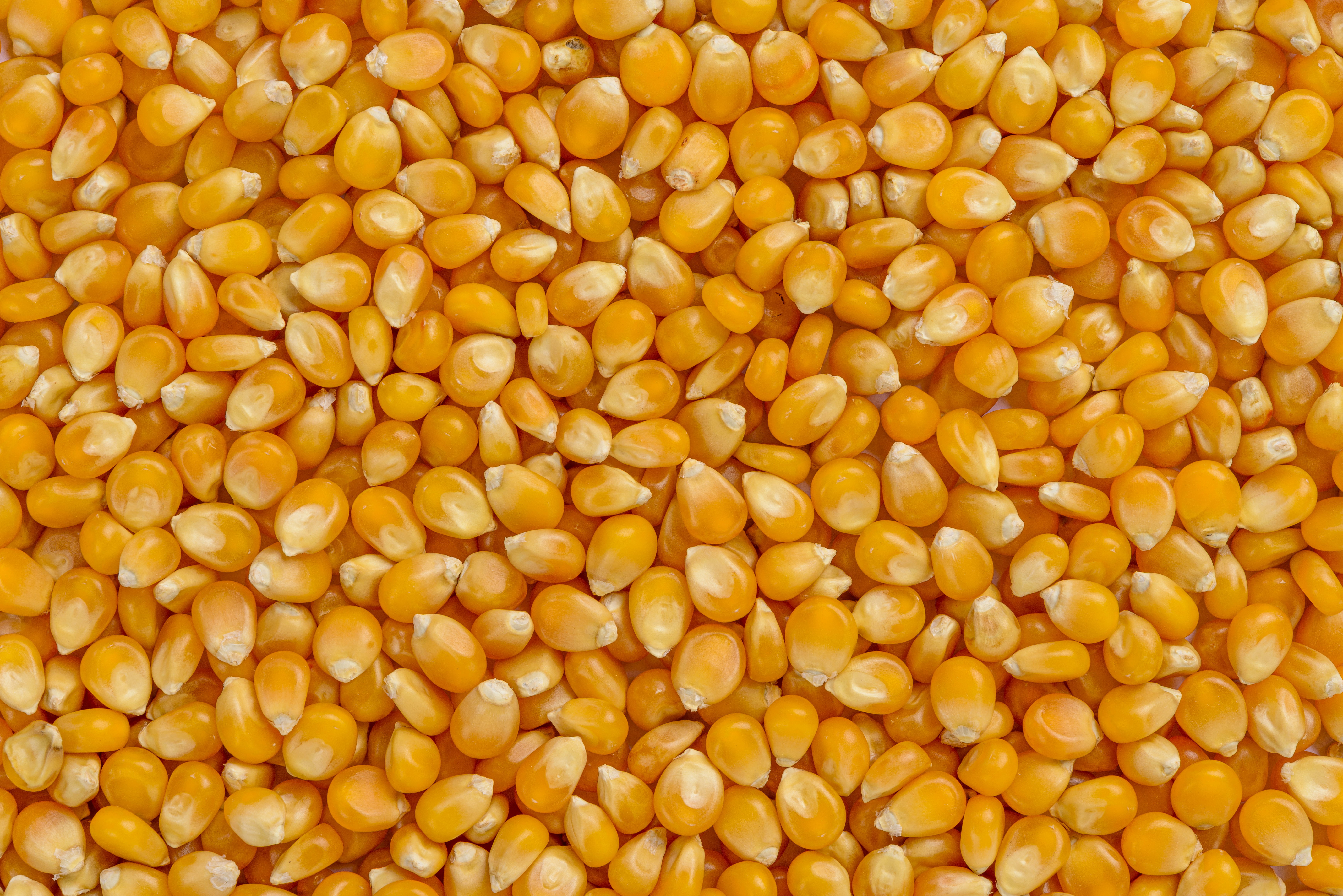Malawi’s NFRA raises maize buying prices to boost deliveries, curb market shortages

MALAWI – The National Food Reserve Agency (NFRA) has announced an immediate increase in maize buying prices, a move aimed at encouraging farmers and traders to deliver more maize to the agency and strengthen national food security.
Speaking at a press conference in Lilongwe, NFRA Chief Executive Officer George Macheka said the agency has adjusted prices upwards from MWK 1,100 (US$0.61) to MWK 1,280 (US$0.71) per kilogram in open and mobile markets. For mega farmers, the price has been set slightly higher at MWK 1,300 (US$0.72) per kilogram.“In a strategic move to reward our farmers and encourage them to sell their maize, NFRA is pleased to announce an increase in maize buying prices. This decision reflects our commitment to promoting mega farmers and ensuring that all farmers receive fair compensation for their hard work,” Macheka said.
Strategic grain reservesUpdating the nation on the status of the country’s strategic grain reserves, Macheka revealed that NFRA has already aggregated 37,800 metric tons of maize. The agency is targeting 105,000 metric tons for the year.“Our target for the year, which is also in the budget, is 105,000 metric tons. However, with the current budget allocations, we expect to procure about 55,000 metric tons. The shortfall is usually filled through resources from development partners, and we are confident that ongoing discussions will help us meet the annual target,” he noted.
Malawi faces a production shortfall this season, with national maize output estimated at 2.9 million metric tons against a requirement of 3.5 million metric tons, leaving a gap of approximately 600,000 metric tons.
Macheka acknowledged that maize hoarding by traders has worsened the situation, disrupting the food value chain and creating artificial shortages. This has led to sharp increases in market prices, which have burdened consumers.“The maize hoarding has resulted in sharp rises in maize prices over the past few weeks which cannot be allowed to continue.
This is the same reason we have decided to import maize from Tanzania at a very affordable price, just to stabilize the price on the market,” he said. The CEO emphasized that the combination of improved farm-gate prices and strategic imports is designed to safeguard national reserves, stabilize supply, and protect consumers during the lean season.
